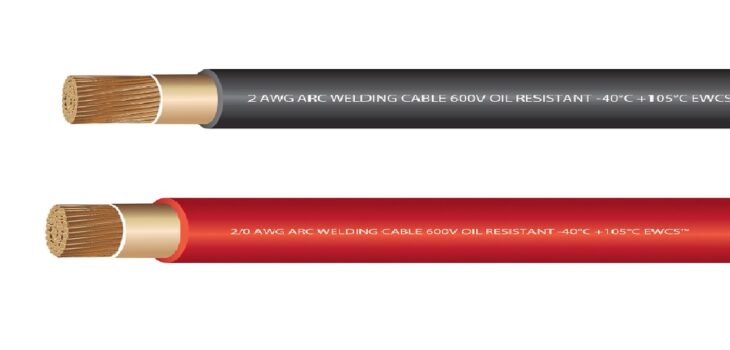 Business
Business
“Common Misconceptions About Electrical Wire Supply That Could Be…
For better or worse, there’s a lot of false information out there regarding electricity in general, and electrical conductors in specific. This list compiled a few of the more common ones and will offer some brief answers, all from an electrical wire supply specialist.
With no further ado, steer clear of the following electrical misconceptions.
1. Since power lines are insulated, they’re safe to touch
In most cases, electrical wire insulation does provide a modicum of insulation against electrical discharge, but oftentimes the insulation is there more to protect the conductor against corrosion or decay than it is to prevent accidental shock. Never handle electrical wire or cable unless the power to them is completely shut off – better yet, leave that to a qualified, accredited electrician or electrical engineer.
2. Tires are good insulators
Tires are actually not really good electrical insulators. The reason that people believe they are safe in their car if a wire falls on it (which can be true) is because electricity will seek a path to the ground through the external metal body of the car, then through the tires, and into the ground.
3. Only high voltage is dangerous
Voltage is not what makes electricity dangerous, it’s current, measured in amps. Less than one-quarter of an amp can be lethal. Voltage is just like the pressure that pushes electricity along, which means a higher voltage is more likely to shock you because it will push the current “through you.” Either way, operate on the principle that no power line is ever safe to touch.
4. Shoe soles provide good insulation
Only some grades of rubber provide any reasonable level of insulation against electricity, and most shoe soles are mixed with other compounds that eliminate this ideal, anyway. Let alone the fact that some shoes are not soled with rubber. Either way, do not assume your shoes will protect you against electrical shock.
5. Live wires spark when they fall
Wires only spark when the electricity arcs as it attempts to escape the conductor. If a live wire is in firm contact with the ground or another object, it may make no noise or visible cue. Always assume all electrical wires are live and do not touch them.
6. Wood doesn’t conduct electricity
Wood is a poor conductor of electricity but it can be a conductor nonetheless. This means that a wooden ladder or crate is not sufficient insulation against electrical shock.
7. Extension cords are weatherproof
Many extension cords are not, in fact, rated to resist the weather, and thereby are not suitable for outdoor use. Always be sure to double-check the rating before you use an extension cord outdoors.
8. All electrical wire is the same
Electrical wire and cable vary considerably in their traits and attributes. Some conductors are made of copper and others of aluminum. Some wires are treated with special insulation making them suitable as fire alarm cable or solar panel cable, and others are bare wire. The gauge of wire, as well as what it’s made of and insulated with, will determine its suitability for a given application.
Learn More from an Experienced Electrical Wire Supply
Whether you landed here looking for high-quality electrical wire and cable for construction or just had a random question about electricity pop into your head, the place to find what you need is an experienced electrical wire supply partner.
Visit EWCS Wire first. They carry a wide range of electrical wire and cable, including specialty options, and offer great prices on high-quality conductors. Check their website first and get in touch with them directly at Sales@EWCSWire.com.
For more information about 6 awg wire and Fire Alarm Cable Please visit: Electrical Wire & Cable Specialists









